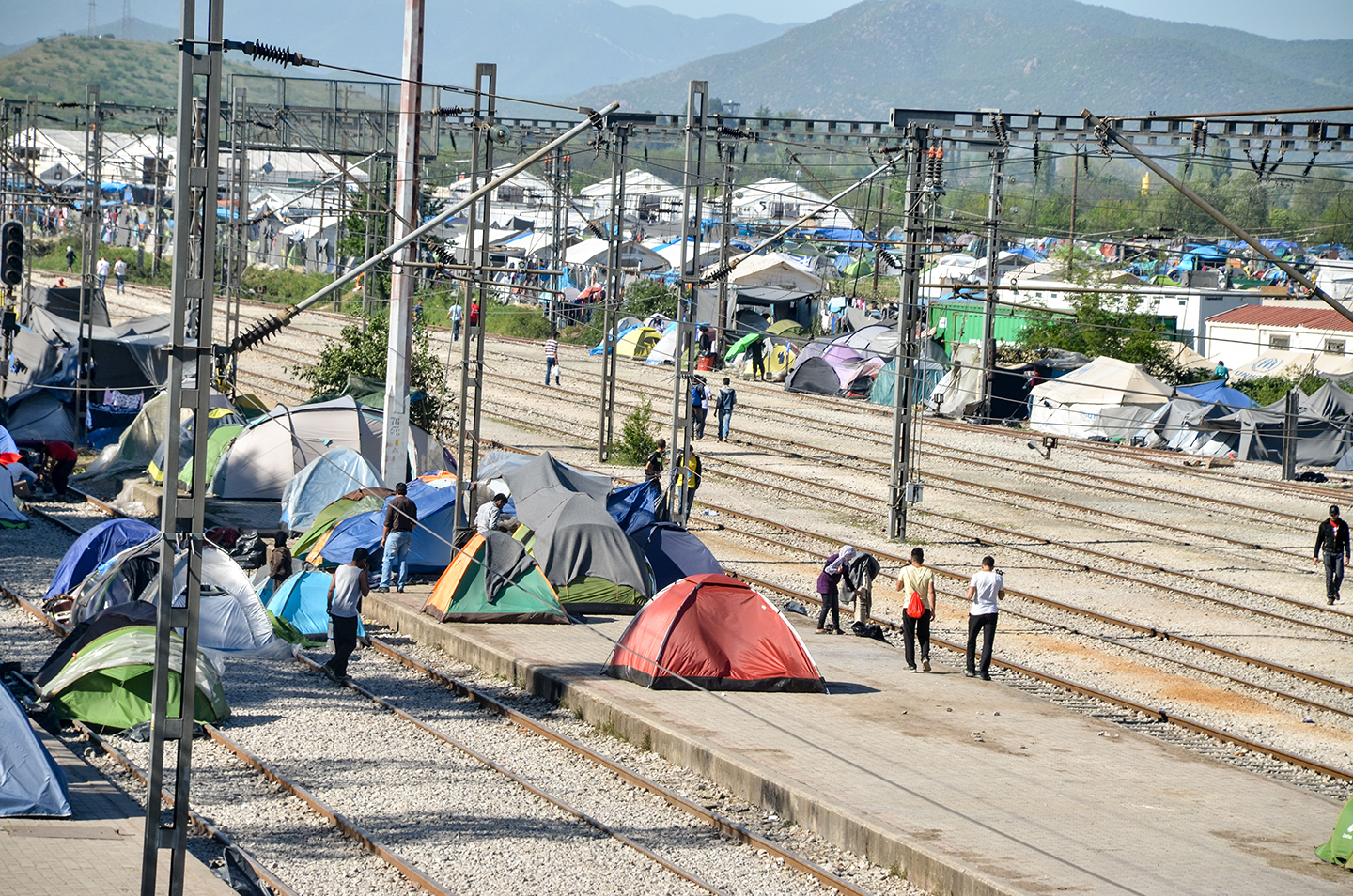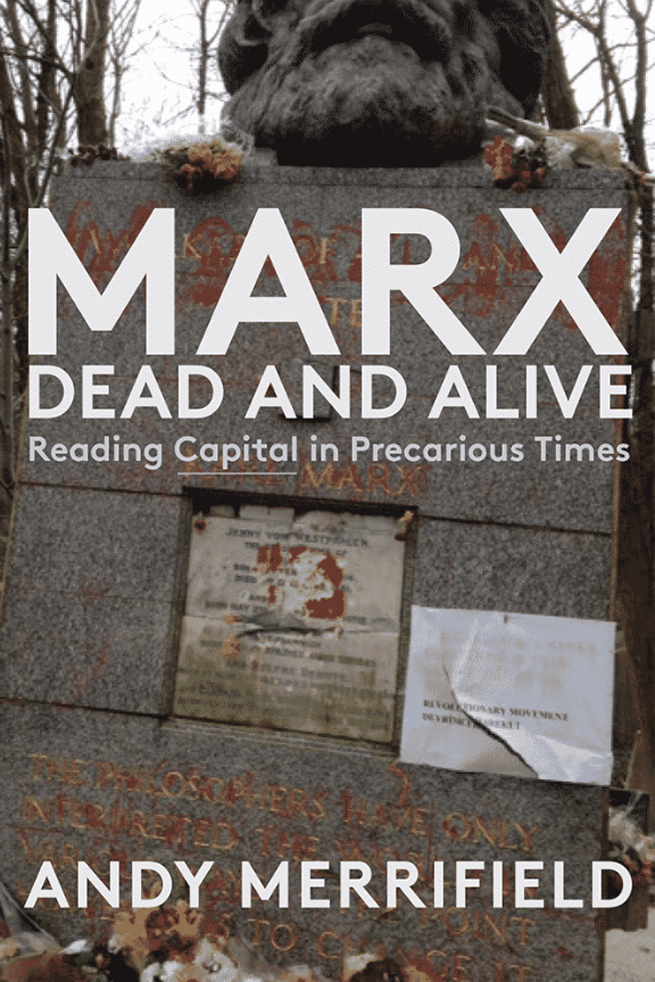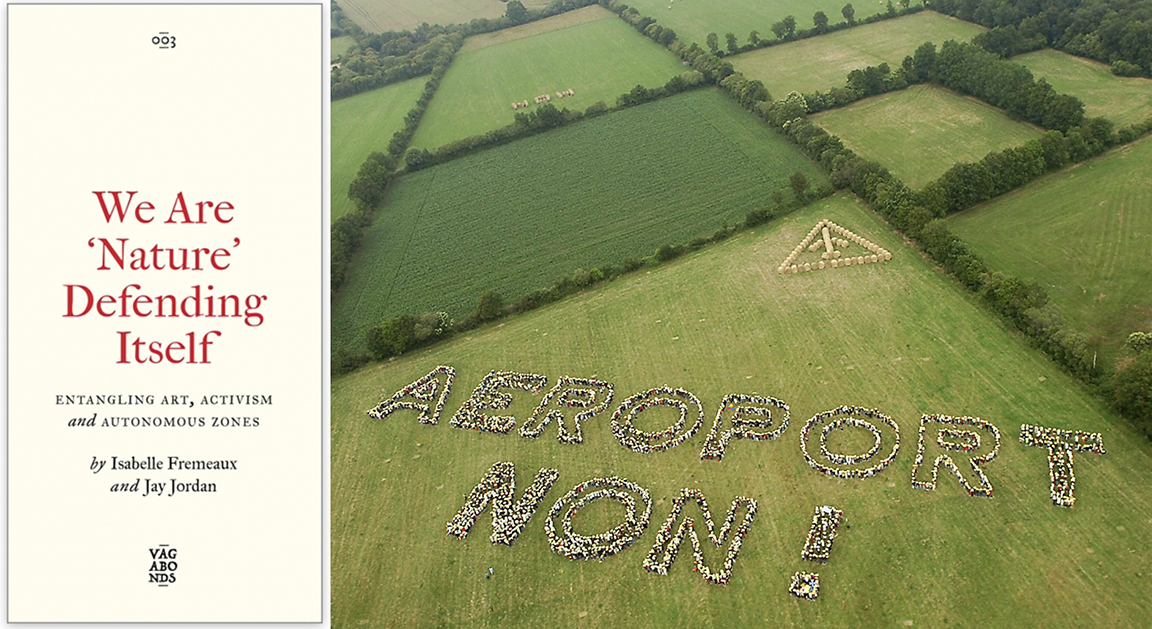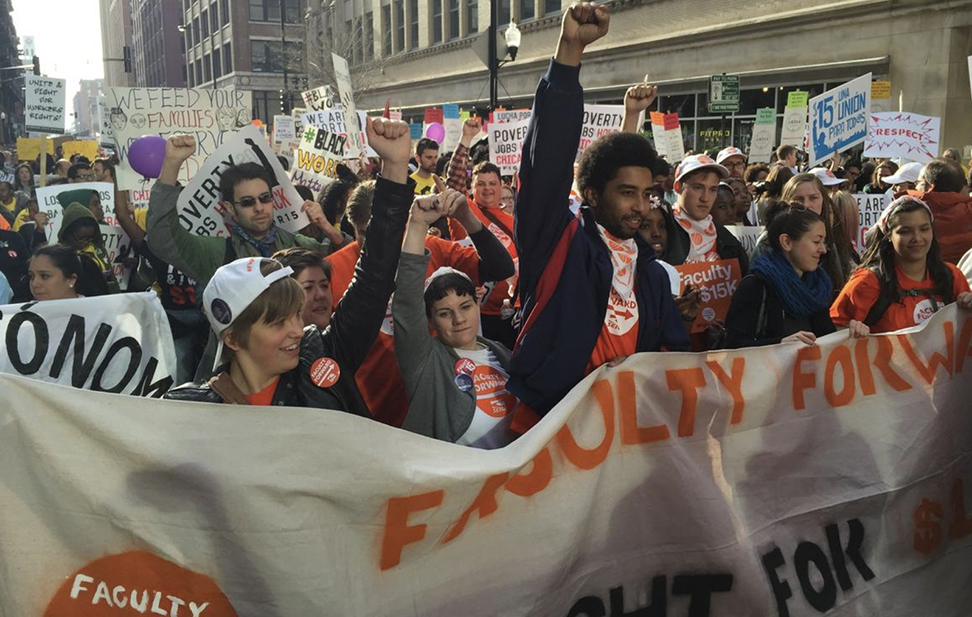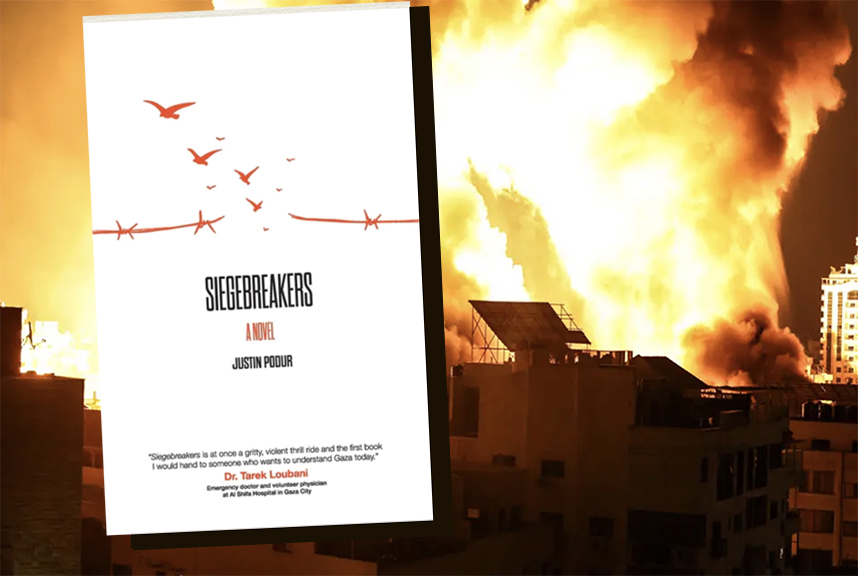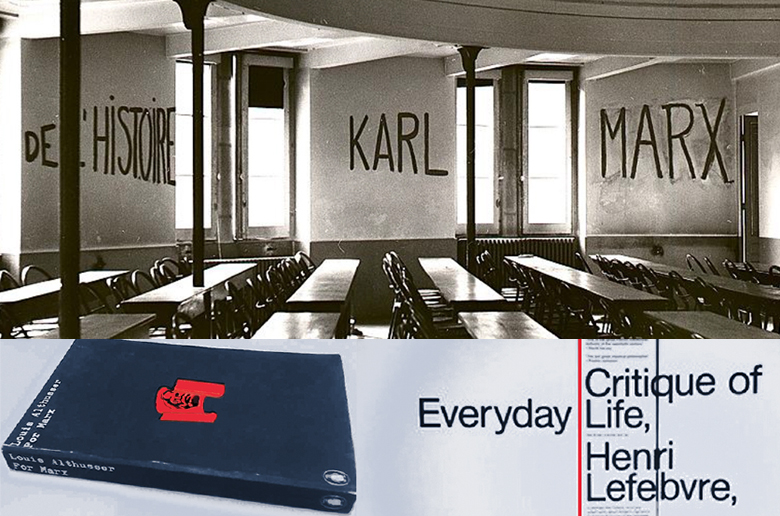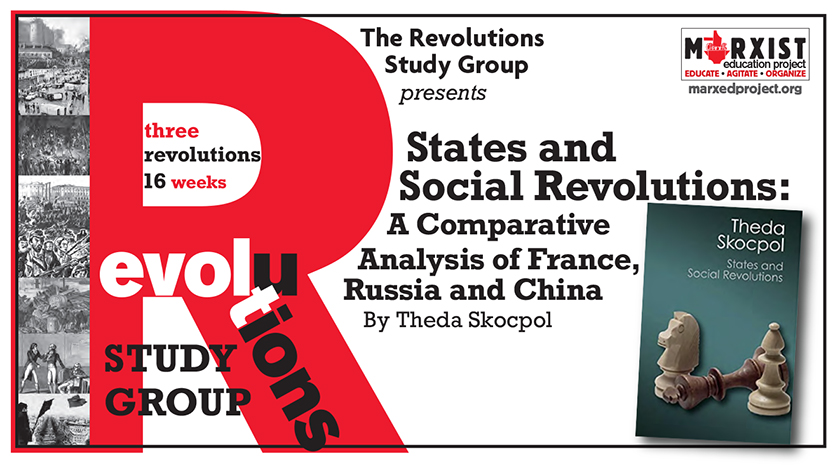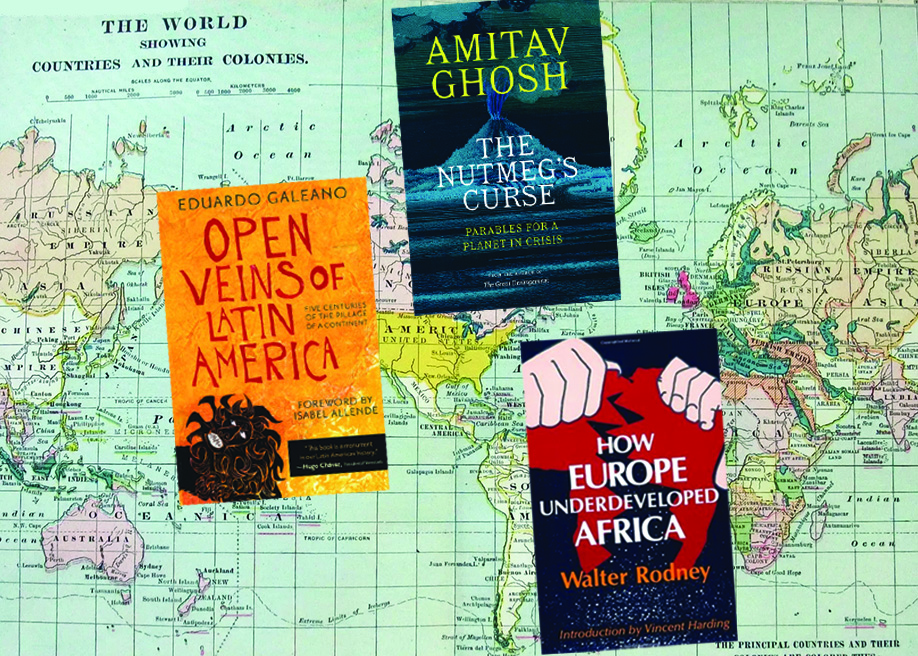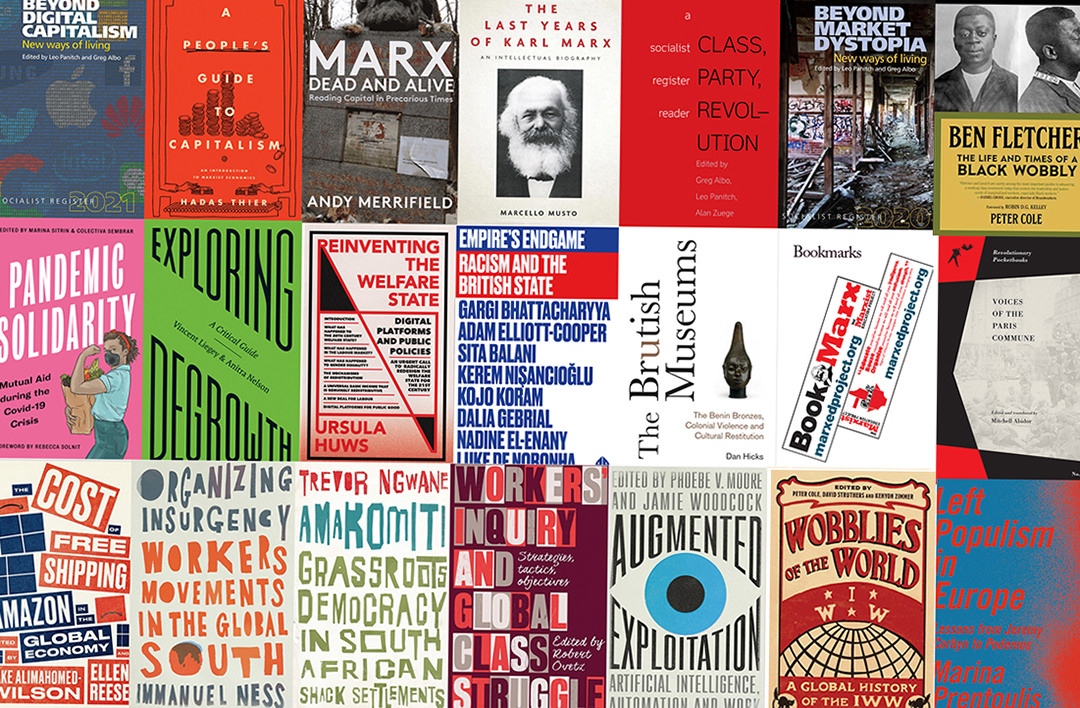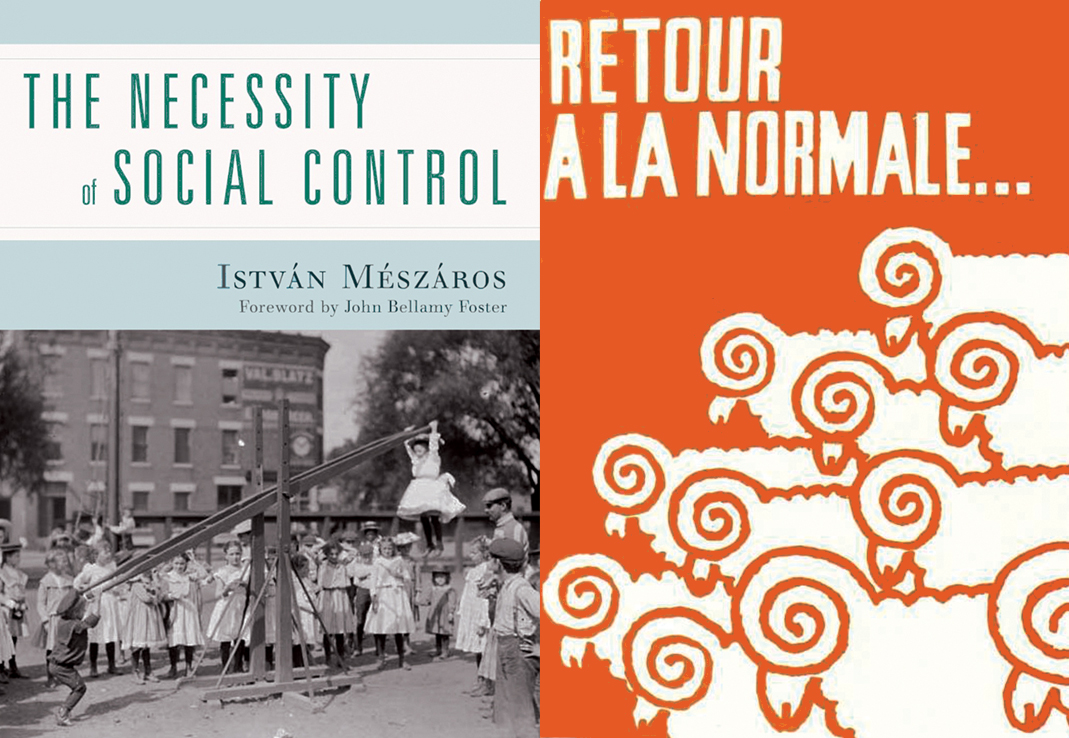Women Write on the Verge of Historical Change: Last session
Online: Zoom link will be provided to registered participantsDuring this term, the MEP Literature Studies Group will read novels by women writers which explore the intersections of life in their communities, both at home and in the metropoles of Europe, India and the Philippines. These stories will take us to places and introduce us to people facing many of the dilemmas posed during late-stage capitalism, when the looming tipping points begin to collide. Reading and discussing these important writers could very well bring us to a broader sense of time and place. We will discussion Aminatta Forna and Gloria Apostol on December 2, 9, and 16.
Rethinking Alternatives with Marx: Economy, Ecology and Migration
Online: Zoom link will be provided to registered participantsThe dual aim of this collective volume is to contribute to a new critical discussion on Marx’s critique of political economy and to develop a deeper analysis of certain questions, like ecology and migration, to which relatively little attention has been paid until recently.
Book Special Redux! Marx Dead and Alive: Reading Capital in Precarious Times
Online: Zoom link will be provided to registered participantsThis is for ordering the book only. Andy has an upcoming talk on Sunday, January 23. We are offering this important book for $12.00 inclusive of postage (US and Puerto Rico only), until one week after Andy's presentation on Henri Lefebvre and Louis Althusser.
We Are “Nature” Defending Itself: Entangling Art, Activism and Autonomous Zones
Online: Zoom link will be provided to registered participantsChronicles the story of the ZAD (zone to defend), a resistant land occupation emerging out of a decades-long struggle which stopped a new airport project. Fremeaux and Jordan blend rich eyewitness accounts with theory, inspired by a diverse array of approaches, from neo-animism to revolutionary biology, insurrectionary writings and radical art history.
A People’s History of Detroit
Online: Zoom link will be provided to registered participantsMark Jay and Philip Conklin outline the complex sociopolitical dynamics underlying major events in Detroit's past, from the rise of Fordism and the formation of labor unions, to deindustrialization and the city's recent bankruptcy. They demonstrate that Detroit's history is not a tale of two cities—one of wealth and development and another racked by poverty and racial violence; rather it is the story of a single Detroit that operates according to capitalism's mandates.
Power Despite Precarity
Online: Zoom link will be provided to registered participantsPower Despite Precarity is part history, part handbook and a wholly indispensable resource in this fight. Joe Berry and Helena Worthen outline the four historical periods that led to major transitions in the work-lives of faculty of this sector. They then take a deep dive into the 30-year-long struggle by California State University lecturers to negotiate what is recognized as the best contract for contingents in the US.
Siegebreakers: A discussion of Justin Podur’s novel set in Gaza
Online: Zoom link will be provided to registered participantsUnder the crushing weight of the siege of Gaza, Laila and Nasser are members of the Palestinian resistance fighting desperately to free their people. Together, they learn of a plan to unite the disparate Palestinian factions and break Israel’s siege. Unknown to them, Ari, a brilliant Israeli spy, has decided that his conscience can no longer allow him to participate in the starvation of Gaza. A double agent whose every move is under mounting suspicion, Ari reaches out to the American contractors who trained him with a secret plan. As they all struggle to break the siege, they face the wrath of the Israeli military machine.
Lefebvre / Althusser: Humanist and Anti-Humanist Marxism
Could a unified Left leverage state power away from a disgruntled Right? Could it do so in the streets, in the factories, and through the ballot box? Could forces within the state be modified by organized pressure from the outside? Could pressure from the outside not only transform the inside but actually become that inside? These and more questions will be discussed.
States and Social Revolutions: A Comparative Analysis of France, Russia and China
Online: Zoom link will be provided to registered participantsSkocpol asserts that social revolutions are rapid and basic transformations of a society's state and class structures. She distinguishes this from mere rebellions, which involve a revolt of subordinate classes but may not create structural change, and from political revolutions that may change state structures but not social structures. What is unique about social revolutions, she argues, is that basic changes in social structure and political structure occur in a mutually reinforcing fashion and these changes occur through intense sociopolitical conflict. A convergence of peasant rebellion on one hand and international pressures causing state breakdown on the other hand cause revolutionary social movements.
50 Years of Anti-Imperialist Writing: Galeano, Rodney, and Ghosh
Online: Zoom link will be provided to registered participantsA reading group to celebrate and reflect on two classic works of anti-imperialist writing first published fifty years ago but with an ongoing worldwide impact: Eduardo Galeano’s OPEN VEINS OF LATIN AMERICA (1971) and Walter Rodney’s HOW EUROPE UNDERDEVELOPED AFRICA (1972). Extending our scope to Asia and bringing matters up to the present day, we will conclude by reading Amitav Ghosh’s just-published THE NUTMEG’S CURSE: PARABLES FOR A PLANET IN CRISIS.
After Wampum, the Evolution of Money in Colonial America
Online: Zoom link will be provided to registered participantsA TALK WITH PETER FAY We will travel back in time to colonial New England and New York to closely examine Marx’s views on money at the periphery of the British empire. Scarcity of British currency forced many commodities toward the role of “universal equivalent”: Indian corn, tobacco, pieces of eight. But it was colonial thirst for luxury commodities like beaver pelts that finally drove an explosive growth in the one money-commodity facilitating that trade: wampum.
The MEP Bookstore, Fall 2021/Winter 2022 (inclusive of shipping—US and Puerto Rico only)
Online: Zoom link will be provided to registered participantsBooks that will be used during the Winter of 2021 sessions—good for a lifetime of learning. There are Socialist Registers for 2020 and 2021, Pluto's Wildcat and FireWorks series. The any four, five or six books offers do include shipping.
The Politics of Permaculture with Terry Leahy
Permaculture is an environmental movement that makes us reevaluate what it means to be sustainable. Through innovative agriculture and settlement design, the movement creates new communities that are harmonious with nature. It has grown from humble origins on a farm in 1970s Australia and flourished into a worldwide movement that confronts industrial capitalism. Terry Leahy’s THE POLITICS OF PERMACULTURE is one of the first books to unpack the theory and practice of this social movement that looks to challenge the status quo.
Late Capitalist Fascism
What if fascism can no longer be confined to political parties or ultra nationalist politicians but has become something much more diffuse that is spread across our societies as cultural expressions and psychological states? This is the thesis developed by Mikkel Bolt Rasmussen, who argues that late capitalism has produced hollowed-out and exchangeable subjectivities that provide a breeding ground for a new kind of diffuse, banal fascism.
The Necessity of Social Control by István Mészáros
Online: Zoom link will be provided to registered participantsDuring these remaining eight sessions we will do an ongoing close reading of Mészáros’ The Necessity of Social Control (Monthly Review Press). This read in order to better understand the fundamental contradictions of capitalism, the forms of domination and exploitation inherent in its logic, historical efforts to develop an alternative economy and society, and the challenge of sustainable development and substantive equality. We aim to develop our own knowledge of the necessary conditions for emancipation and discuss the relevance of the text for our lives today.


